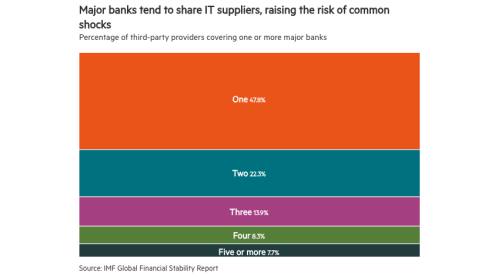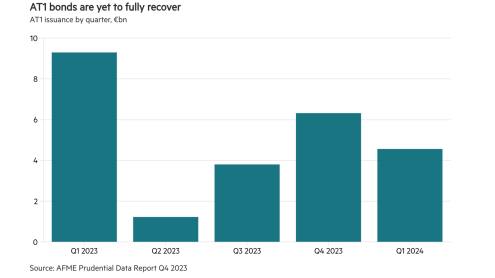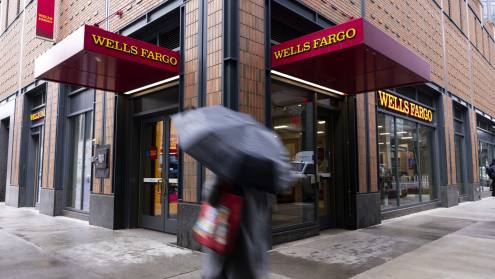Last week Oman swore in Haitham bin Tariq Al Said as its new ruler. He takes over following the death of his cousin Sultan Qaboos bin Said Al Said, who had headed the country since 1970 and was the world’s longest-serving monarch.
Sultan Haitham faces the challenge, common to other leaders in the region, of how to diversify the country’s economy away from a reliance on oil and gas. With oil production currently capped by Opec, the IMF estimated the country’s gross domestic product growth for 2019 at 0.3%.
Oman’s banks have performed steadily recently, with pre-tax profits at the country’s biggest banks largely even over the past five years. The country’s banks have also gradually increased their Tier 1 Capital reserves since 2014. For example, Bank Muscat had Tier 1 Capital of $3.1bn in 2014, which steadily increased to reach $4.59bn in 2018.
Sultan Haitham is regarded as an experienced and steady pair of hands so there is optimism that there will be a smooth transition, although it remains to be seen how the country’s economy can be shifted away from oil.













